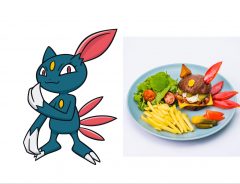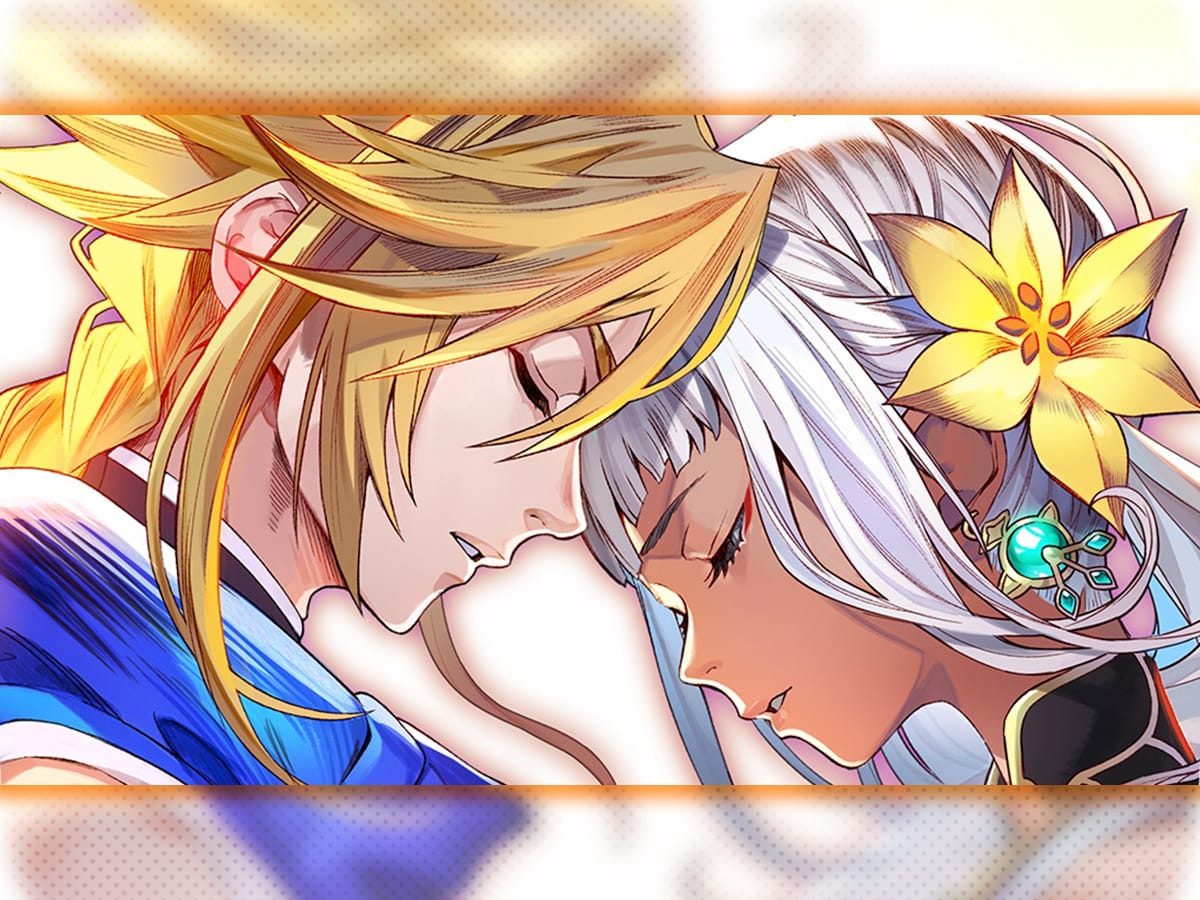- Tags:
- microtransactions / mobile game / Project Babel / smartphone game
Related Article
-

KonMari will spark joy on your mobile phone!
-

Yoko Taro’s SINoALICE to Finally Drop Globally This Summer
-

Pokemon Cafe’s Pokemon Cafe Mix Menu is the perfect Mix of Cute and Delicious
-

This rhythm pad controller for smartphones and portable devices is the first of its kind
-

Game Portraying Osamu Tezuka Characters as Cute Girls Divides Opinions Online
-

Licensed smartphone game Touhou LostWorld is now available in international version



Introduction: The Pros and Cons of Smartphone Gaming
I've never been much of a fan of smartphone games mostly because they almost always include some sort of gacha system to balance out the free download of the game itself. Microtransactions are generally where games like this become profitable because if there's that ONE character or weapon or whatever else that you want so desperately, you're going to try and try and try again to get it. Even if you fail every single time, the desire to keep trying until you succeed is hard to suppress.
Case in point: In SINoALICE, a single gacha pull costs 300 in-game gems, which you can accumulate by merely playing through new stages, but once you've completed everything, gathering gems becomes extremely difficult and often the fastest/easiest way to get gems is by paying for them. Sometimes there are special sales in which you can get additional gems at a discount or perhaps a particular set comes paired with a unique weapon or character job, but generally 1 gem = 10 yen. Or like this sale, where you can get 612 gems for the cost of 3060, essentially 5 yen per gem. This is definitely the cheapest route to go, but this is also where games like this entice you to spend money.
If I were made out of money, I wouldn't care so much, but one of the reasons why I've never really liked smartphone games is because microtransactions are almost always a given. And I don't want to have that looming on my shoulders when I open up a game to play. I may be a dying breed, but I play games for the story and character, for the music and art. Personally, I would rather pay upfront merely to play the game rather than pay in increments that absolutely in no way guarantee me that I get what I want. I have very little patience for that and this is usually the reason why I quit playing a game.
But I also understand that this is often how games are able to survive in the first place on the smartphone platform. So, it's with this thought in mind that I bring up the question of whether or not smartphone games should always come with gacha attached.
The Potential Behind Project Babel
I've talked about it briefly in the past, but one of my favorite smartphone RPGs was the new game called Project Babel, released just last May. It had EVERYTHING going for it, from the character design, music, story, everything was set up for it to be a great game... but then microtransactions and other odd mechanics that made it difficult to even play at all were thrown into the mix... and not even a year after its release, we've received word that the game will be dead by the end of April.
I am devastated.
Let me explain my personal experiences with this game:
The first CG trailer for the game instantly piqued my interest at pure face value. It was an absolutely gorgeous sequence with exquisite CG art and realistic character movements. From the little bits of story that we got, I was thoroughly interested to learn more about these characters. The music was far better than what I was expecting from a somewhat generic smartphone RPG.
Because of all of these things, I wanted to try out the game, but alas, my poor iPhone6 that I had at the time was unable to play after a certain point (probably due to later updates done to the game that made it near to impossible for older phones to run the application without it crashing randomly every few minutes if not sooner). So, even though I wanted to play, I couldn't and was forced to drop it until I got a new phone, which... I didn't know when that would be.
Skip maybe 5-6 months and I got a new iPhone11 in November, and I instantly went to retrieve my game to continue where I left off. At least this time, I had no problems running the application on my new phone... but I quickly ran into the wall of those darn microtransactions. See, it's one thing to purchase in-game items to use in the gacha system, but for the game to be entirely rigged against you unless you pay in, that's when I have every desire to quit... But I couldn't because by that time I was fully into the story and characters and I wanted to know how things would turn out.
Now, as a standard turn-based RPG, you would think at this point all I would have to do is grind a bit in order to beat the next boss. Well, in this game, they take grinding to a whole new level by LIMITING how and how many times you can fully heal your party. Typically in RPGs, in order to restore your health and magic, all you need to do is pay to rest at an inn or something similar, but this game comes designed with 4 healing pods that you can use at any time, but each pod takes 3 hours to replenish. So, if you happen to use them all up, it will take a total of 12 hours for them all to be restored and ready to use again. You are able to use healing magic inside battles (you can't in the menus), but the only way to replenish your MP is by using a healing pod.
RIP my life.
But, of course, you can PAY or use a rare combustible item to heal your party instead. How convenient.
Management Issues?
Then sometime over the summer, the creators behind the game made the headlines over a scheme to make the game a "big hit" by having some of their employees purchase a ton of in-game items in order for the game to appear in the top rankings for smartphone games (either in top downloads or most profitable). If the game could break the top 10 list on whatever website, people would see this and possibly check it out themselves, thus garnering more downloads from this publicity. However, this scheme was eventually discovered, a main guy was forced to resign, and the head of the development company at Colopl accepted a reduction of his own salary as compensation. This was a really backhanded move for them to attempt, a move that may have been the first nail in the game's eventual coffin.
And it's around this point where I begin to wonder... If games are only profitable on the smartphone because of microtransactions, what happens to those games that truly have unique stories and that are unlike anything else? I really think Project Babel had everything going for it in terms of the creative team, but it failed because it was unable to secure funding through microtransactions. Then, in this case, perhaps the game was never meant to be on smartphones in the first place? (I am holding out hope that they will salvage something from this series and maybe release an authentic RPG on a home console sometime in the future!)
I just find it super sad that such talent was used to create this beautiful game only for it to fail because of poor finance management or whatever other issues that plagued it.
The End Credits
If you’re curious about the talent behind the development team that brought this game to life, here are some folks to check out!
Development Staff
Voice Cast
So, do you know of any other games that seemed to have great potential but also failed due to the inclusion of microtransactions? We know there are plenty of popular games with gacha systems that are still thriving today, so the mere inclusion of such systems clearly isn't the problem.